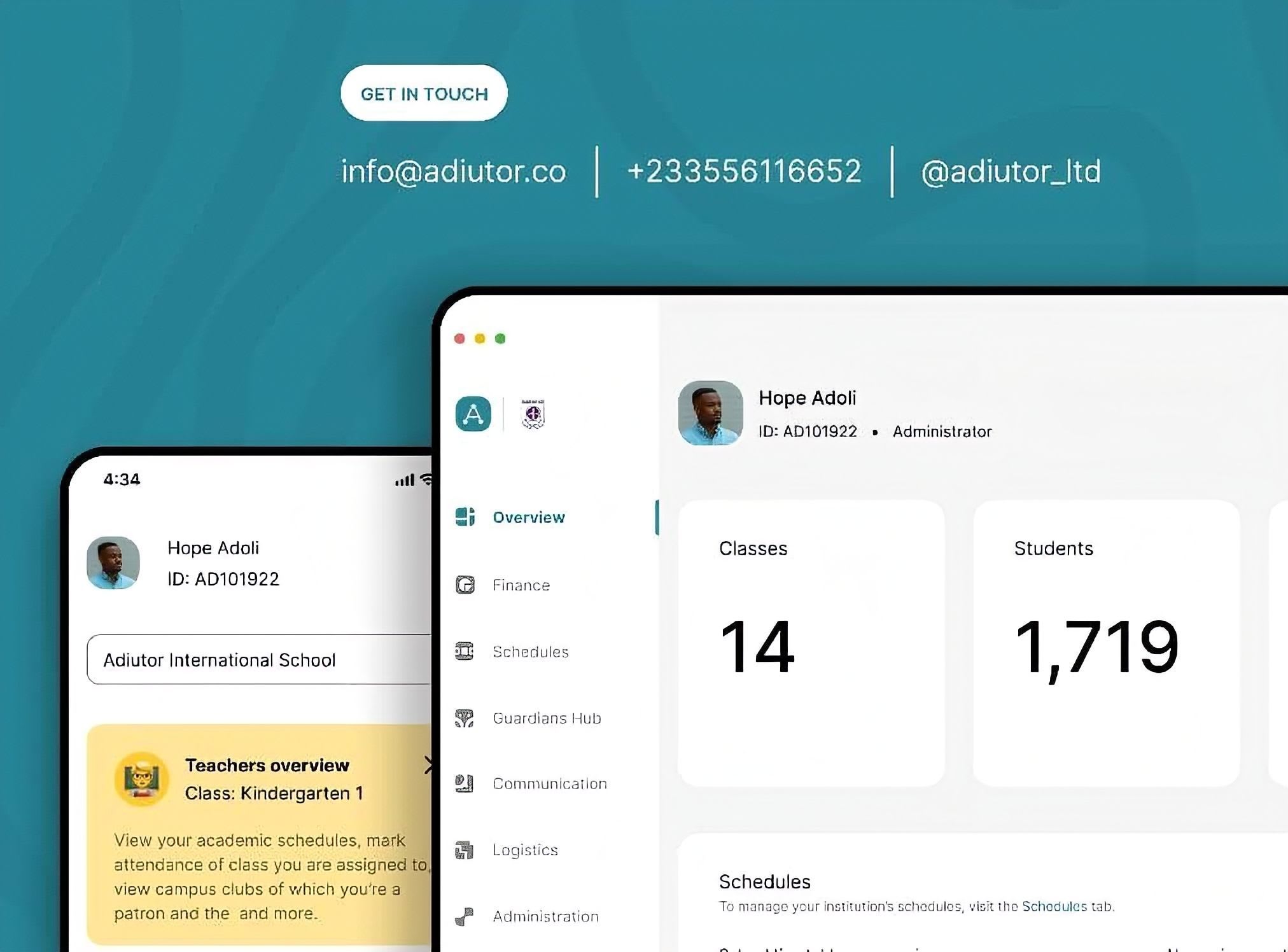Cultivating a growth mindset in learners
The Growth Mindset is centred on the idea that individuals can develop their abilities and talents through hard work, dedication, and resilience. It's based on the belief that intelligence and talent are not fixed characteristics -- rather, they can be cultivated over time with effort.

The Growth Mindset is centred on the idea that individuals can develop their abilities and talents through hard work, dedication, and resilience. It's based on the belief that intelligence and talent are not fixed characteristics -- rather, they can be cultivated over time with effort. Growing a growth mindset in children/students starts with understanding what it means to have such an outlook; this includes being aware of the impact praise has on motivation, and how perseverance through difficulties leads to success. When cultivating growth mindsets in students/children, our primary goal should focus on giving them tools necessary for their development: providing access to quality education materials (including books or programs tailored specifically to developing these skills) along with hands-on activities where they learn by doing can help foster greater self-confidence in pursuing goals.
💡 Lessons learnt: Growth inside fuels growth outside
Understanding the Benefits of Developing a Growth Mindset
People with a growth mindset believe they can improve their skills by pushing themselves out of their comfort zone and embracing challenges even if they result in failure. Having a growth mindset offers many benefits. Perhaps one of the most obvious is improved motivation because someone operating from this frame of mind sees setbacks as an opportunity for learning instead of discouragement or failure. This also leads to increased confidence when it comes to tackling difficult tasks since failure isn’t seen as definitive proof of inability but rather something which will contribute positively towards future success.
Those with a growth mindset are often more willing to take risks than those who operate from a fixed point of view since mistakes are perceived as valuable lessons instead of discouraging dead ends where progress ceases completely. With greater risk-taking opportunities come greater chances for creative problem solving which could lead to better end results.
Developing this type of approach also produces higher satisfaction levels overall because individual successes feel more significant and more meaningful when each step was taken through hard work and determination. Having a growth mentality encourages collaboration among teammates since everyone is working together towards shared goals - helping people realize each other’s potential through their own development processes means great team-building opportunities emerge naturally within these types of environments too!
Strategies for Encouraging a Growth Mindset in Kids/Students
Here are some strategies you can use to help encourage a growth mindset in kids/students:
- Model A Growth Mindset Yourself: As a parent or teacher, it's essential that you model the behaviour that you'd like your child or student to follow. This means speaking positively about failures and setbacks as opportunities for learning rather than defining them as failures. Encourage resilience by showing how you face challenges head-on with optimism despite expected obstacles.
- Use Positive Reinforcement: Reward positive behaviours such as trying new things, persevering through tough tasks and learning from mistakes instead of simply punishing undesired ones. Helping kids recognize when they have achieved goals will reinforce behaviours associated with a growth mindset and make it easier for them to keep pushing forward.
- Get Creative With Feedback: Give constructive feedback, try focusing on progress tracking or feedback around progress made since the last evaluation or specific areas where improvement was shown over time. Highlight successes both big and small so children can gain confidence in their abilities while noticing incremental improvements within each subject area which ultimately leads towards long-term mastery over time. Create a plan together with them for areas where they struggle and how they can achieve steady improvements.
- Emphasize Effort Over Outcome: Point out examples of famous people who didn't give up no matter what difficulties they faced. By drawing attention away from outcomes these stories show how valuable hard work is regardless of end result. Additionally, remind kids that some achievements take longer than others; stressing this point will create patience within our youth populations which often lack real-world experience further emphasizing persistence through hardships leads to rewarding results eventually.
- Establish A Supportive Environment: Create an encouraging environment where both parents/teachers AND peers act as models -Kids learn best by example so having compassionate adults offering support alongside friends serve as reinforcement messages leading towards desired actions & behaviours. Furthermore providing resources & tangible tools allowing young minds access materials necessary toward achieving set objectives -- books, videos etc.. addressing particular topics related to goal settings could prove helpful and facilitate understanding of material better thereby aiding reach conclusions quicker and faster.
By creating an atmosphere that fosters self-belief, independence and resilience, open dialogue and exploration of opportunities, we can empower young people to reach their full potential.

Adiutor
Adiutor means "helper" - we do just that, by taking a load of your school administration and helping you focus on what matters most: the kids.
